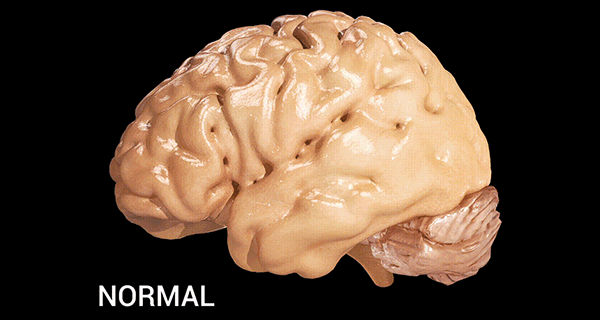Causes of Alzheimer’s Disease
The primary causes of alzheimer’s disease aren’t fully understood, but scientists believe it results from a complex interaction between genetics, lifestyle, and environmental factors. The disease develops slowly over time, often beginning years before symptoms appear.
Key Brain Changes
- Amyloid plaques – Clumps of beta-amyloid protein that build up between nerve cells and interfere with communication.
- Neurofibrillary tangles – Twisted strands of tau protein that disrupt transport systems within brain cells.
- Brain cell death – Over time, neurons die and the brain shrinks, especially in areas related to memory and reasoning.
Risk Factors
- Age – The biggest risk factor. Most people are over 65 when diagnosed.
- Family history – Having a parent or sibling with Alzheimer’s increases your risk.
- Genetics – Specific genes like APOE-e4 raise the likelihood of developing the disease.
- Cardiovascular health – High blood pressure, diabetes, obesity, and high cholesterol increase risk.
- Head injuries – Past traumatic brain injury (TBI) is linked to higher risk.
- Smoking and alcohol – These increase oxidative stress on the brain.
- Social isolation and low education levels – Linked to lower cognitive reserve.
In South Africa, many older adults live in rural areas with limited access to healthcare, making it harder to identify risk factors early. However, understanding these causes can empower individuals and families to make lifestyle changes that may delay onset or slow progression.
👉 [Next: Diagnosis of Alzheimer’s Disease]
Causes of Coronary Heart Disease
Treatment for Alzheimer’s Disease
Complications of Alzheimer’s Disease


